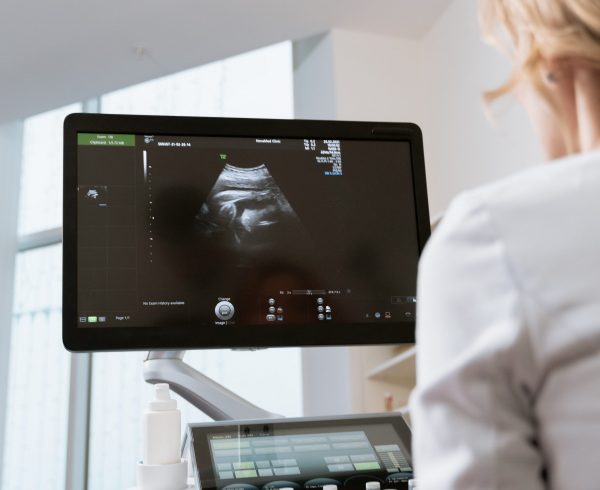How can the guide help you?
The Nyaaya Guide on Inter-religious Marriages outlines the process involved if you wish to enter into an inter-religious or inter-faith civil marriage. Under the Special Marriage Act, 1954, two people belonging to different religions can get married without converting to another religion. This guide summarises the legal and procedural aspects of entering into an inter-religious (special) marriage, including giving notice of the marriage, performing the marriage, and obtaining the marriage certificate.
What are the laws being discussed in the guide?
The Nyaaya Guide on Inter-religious Marriages explains the Special Marriage Act, 1954. This Guide only covers the general law based on the Special Marriage Act, and you might have to refer to state-specific Special Marriage rules and procedures for more detailed information suited to your situation.
PROCEDURAL INFORMATION
Things to Remember Before Applying
Who can get married under the Special Marriage law?
Irrespective of religion, any two people can marry under the Special Marriage Act as long as certain conditions are fulfilled. However, the Act only provides for a marriage between a man and a woman, and has not yet expanded its scope to cover same-sex couples and transgender people.
Who is eligible to marry under the Special Marriage law?
If you want to get married under this law, then at the time of the marriage you should be:
- Single or Divorced. You should not be married to another person who is currently alive.
- Capable of giving consent to the marriage with a sound mind.
Where do you go to register an Inter-Religious (Special) Marriage?
To register a special marriage, you should go to the Marriage Officer’s office, found in every district.
Steps for an Inter-religious (Special) Marriage
Giving Notice of the Marriage
If you want to get married under the Special Marriage Act, you need to give a written notice of the marriage. The notice should be sent to the Marriage Officer of the district where you or the person you want to marry have been living. You should have been living in the district you are giving notice in for at least thirty days before notifying the Officer.
You have to submit documents for registering the marriage. While the required documents vary according to the State/Union Territory, here is a general list of documents you might require:
Publication of the Notice
The Marriage Officer will keep the notice with their office records and enter a true copy in the Marriage Notice Book, which can be inspected by any person at all reasonable times, free of cost. The Officer will also publish the notice by attaching a copy of the notice in a clearly visible place in their office.
At the time of applying for marriage, if you are not permanently residing within the district, the Marriage Officer will transfer a copy of the notice to the Marriage Officer of the district where you are permanently residing, and that Marriage Officer will attach a copy of the notice in a clearly visible place in their office.
Objecting to the Marriage
After a Marriage Officer publishes the marriage notice, any person can object to the intended marriage if it violates any of the conditions for a valid marriage under the Special Marriage Act. The objection must be made within thirty days of the notice publication.
Upholding Objection
If the Marriage Officer upholds the objection and refuses to perform the marriage, you can appeal to the concerned district court i.e., the court having judicial authority in the district where the Marriage Officer has their office. You should make the appeal within thirty days of the Officer’s refusal. The district court will take the final decision on the appeal, and the Officer will obey the decision of the court.
Performing the Marriage
Before the marriage is performed, you, the person you are marrying, as well as three witnesses, should sign a declaration in front of the Marriage Officer. The Officer will also sign the declaration.
You can perform the marriage at the office of the Marriage Officer. You can also choose to get married at any other place within a reasonable distance from the office. However, for this, you have to pay additional fees.
The Marriage Certificate
After the marriage has been conducted, the Marriage Officer will enter a certificate in the Marriage Certificate Book.
You, the person you are marrying as well as three witnesses must sign the marriage certificate. After the Officer enters the certificate in the Book, this certificate becomes conclusive evidence of the marriage.
| The marriage certificate is legal proof of a marriage under the Special Marriage Act, 1954. It confirms that the marriage is valid and has been completed with all formalities under the law. |





Leave a Comment